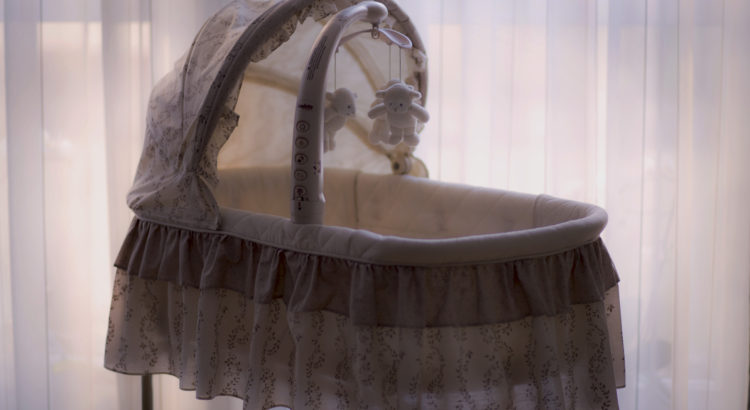When someone close to us dies, the process of grieving is how we begin to untangle the emotional bonds we had formed with that person. Grief is the painful but necessary process that lets us say goodbye. When a baby dies before it is born or soon after birth, parents face a difficult emotional task: they must try to say goodbye to someone they had little chance to know. They must accept that a life has ended, even though it barely began. You will likely experience some of the common reactions of bereavement to your baby’s death. You may go into shock or deny that your baby has died. You will likely become depressed. Even if you were normally a committed, caring person, you would find that you do not care about anything or anyone right now. The grief caused by your baby’s death can take a physical toll. You may lose weight, have difficulty sleeping, become irritable, listless or feel short of breath. There are two normal reactions to death that you will probably experience very acutely: anger and guilt. Because a baby’s death seems so unnatural, there is an especially strong urge to blame someone. You may be very angry with your doctor, hospital or even God. You are likely to feel guilty for many reasons. Parents of unborn babies who die often mistakenly blame themselves for the death. The mother may believe she harmed her baby. Both parents may tell themselves they should have sensed something was wrong and alerted the doctor. You will likely be overcome by a tremendous sense of emptiness. Pregnancy brings with it a number of expectations, dreams and fantasies. Now, after both parents are emotionally preparing to welcome a child into the world, you must instead accept the loss of both the baby and all of your expectations for the future of that child. Unfortunately, you will for a time be constantly reminded of your baby. Your home may be filled with baby clothes, bottles and a crib. You are likely to receive coupons for baby food in the mail and perhaps a free subscription for a baby magazine. Photographers may call and offer to take baby pictures. Just waking past the infant-wear department in a store may initiate tears of mourning. It may be difficult to resolve the grief you feel for the baby you lost. Even before you can accept your baby’s death, you must accept his or her life – the baby’s existence as a person. Remember, no matter how brief your baby’s life, you have just as much right to grieve as any other bereaved parent. Express your feelings. Share them with your partner, your friends and your relatives. Some well-meaning friends may try to comfort you by saying you’ll have another baby, but you know another child cannot replace this baby. Other friends will probably be at a loss for words for you. You can bridge the gap by telling them what you need and how they can help. Most importantly, talk to your spouse. The death of a child can strain a marriage. No two people grieve exactly the same way, and you may find that you and your spouse are on such different emotional wavelengths that communication is difficult. It is important that you set aside time to be alone together to talk about your feelings, cry or simply hold each other. Bereaved parents often find that nothing helps them resolve their grief as much as talking to others who have lived through the loss of a child. There is a wonderful organization called The Compassionate Friends with 575 chapters. You can contact them on the web at compassionatefriends.org, call them toll free at (877) 969-0010 or fax them at (630) 990-0246 to find a local chapter near you.
